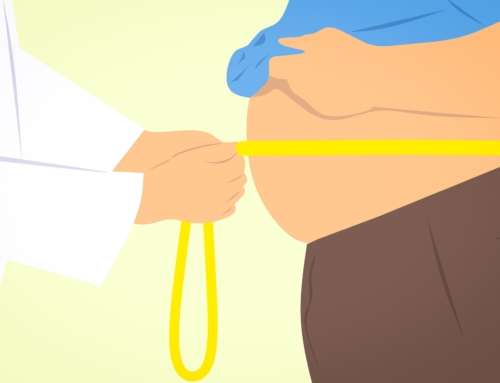Are you tired of being tired? While there are many reasons you might be tired, one of them is a low iron level. What’s amazing to me is how many people come in with labs from other doctors that have been told their iron level is normal and are completely surprised when I show them that not only is it not normal but very, very deficient!
READ ON to learn what iron tests you need to really understand an important part of fatigue….
If you like learning how to interpret your labs then please join me for the Functional Labs Decoded Course. This course teaches you how to interpret your labs! Click here for more information.
First why is iron so important? Iron is needed by your body to make healthy red blood cells. Symptoms of iron deficiency include:
- Fatigue
- Frequent infections
- Feel cold all the time
Causes of low iron include:
- Heavy menstrual cycles
- Blood loss of any kind (surgery, bleeding ulcers, etc..)
- Long standing infections or disease
- Pregnancy
You can also have too much iron, symptoms of this can include:
- Fatigue/weakness
- Joint pain
- Belly pain
- Often no symptoms unless significant
Causes of too much iron include:
- Iron/lead poisoning
- Many blood transfusions
- Liver damage
- Iron overload conditions like hemochromatosis which can be genetic
The most common tests by traditional physicians is a basic iron panel that includes the following:
- Total Iron: Total iron measures the amount of iron in your blood.
- Iron binding Capacity (TIBC): TIBC is a measurement that tells you the blood’s capacity to attach and bind to iron and therefore carry it throughout the body so basically it is showing you how well iron moves through your body.
- % Saturation: % saturation is actually transferrin saturation that shows you how many places on your transferrin can hold iron are actually doing so. Saturations less than 20% indicate iron deficiency while saturations more than 50% suggest iron overload.
You might also hear about transferrin which is the protein made in the liver that regulates the absorption of iron into your blood.
I see so many people with these labs being completely in normal ranges who truly have iron deficiency. This is because there is one test that many physicians don’t order and when they do pass off the test as normal if the levels are within normal ranges. This test is Ferritin!
Ferritin represents the amount of iron in storage. If you have a low storage tank then the body can’t pull from the reserve to make the red blood cells. Low iron storage is not the same as anemia. You do not have to be anemic to have low iron storage.
Anemia means you have a low number of red blood cells themselves. You measure this by looking at the hemoglobin and hematocrit which is found on your complete blood count (cbc). If you are below the reference range then you are anemic. You can be anemic without having low iron though and you can have low iron without being anemic!
The analogy I give my patients is the red blood cells are like shopping carts in our body and iron is like the four wheels.
- Anemia: You don’t have enough shopping carts in your body.
- Iron deficiency: You have enough shopping carts BUT in this case your shopping carts are missing some of their wheels. The lower the iron storage the more wheels you are missing. You can still push the cart and fill it up regardless but it is a lot harder to push. If you have a shopping cart with only one wheel, imagine how hard that is to push! Now you understand why you are so tired!!
Ferritin ranges are wide and go from 16-288 ng/ml. The ranges do differ in age groups and men typically have higher levels with normal ranges from 24-380 ng/ml. Here are my optimal ranges in most cases:
- Women: above 50
- Men: above 100
- If you have restless leg syndrome, keeping the ferritin above 100 often helps.
Treatment includes taking iron supplements or in severe cases an iron infusion.
You do NOT want to take iron unless you are deficient because having too much iron is a huge problem. People who too much iron have to donate blood to keep it down so please do not start iron without testing!
To your health,
Laura









